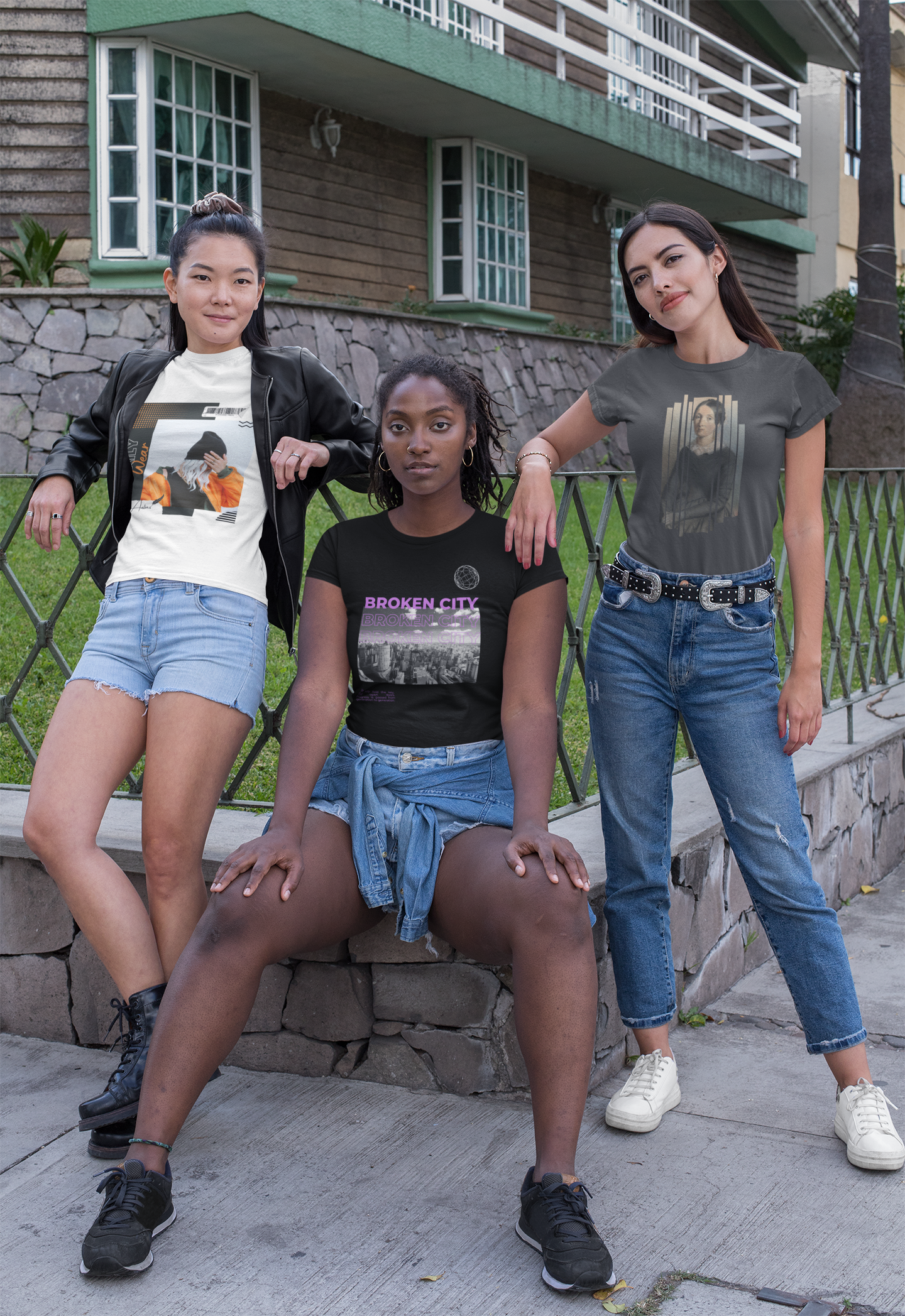
Introduction
In the ever-evolving world of fashion, certain cultural movements have left an indelible mark on the industry. One such phenomenon is the interplay between hip-hop and streetwear culture. Hip-hop, with its vibrant beats and compelling lyrics, has transcended music to become a powerful force that influences and shapes fashion trends. Streetwear, characterized by its urban aesthetics and casual appeal, owes much of its rise to the symbiotic relationship it shares with hip-hop. This blog explores the profound importance of hip-hop to streetwear culture, highlighting the fusion of music, style, and self-expression.
The Birth of Streetwear
Streetwear emerged in the 1970s and 1980s as a reflection of urban culture, predominantly originating from the streets of New York City. Inspired by the hip-hop movement that was also taking root during this time, streetwear became a form of self-expression for marginalized communities. Artists and musicians, seeking to embody the essence of their music, adopted a style that seamlessly blended comfort, authenticity, and a touch of rebellion.
The Hip-Hop Influence
Hip-hop music and streetwear share an organic connection that goes beyond mere aesthetics. Hip-hop artists became influential style icons, not just through their music, but also through their distinct fashion choices. Rappers like Run-DMC, N.W.A, and Public Enemy paved the way for a new fashion language by incorporating oversized hoodies, baggy jeans, sneakers, and bold accessories into their stage presence and everyday attire.
Authenticity and Self-Expression
One of the driving forces behind the deep connection between hip-hop and streetwear is the shared value of authenticity. Both cultures place a premium on individuality, encouraging people to express themselves freely and boldly. Streetwear provides a canvas on which individuals can create their own unique identity, reflecting their experiences, interests, and aspirations. From graphic tees adorned with album art to custom-designed sneakers paying homage to a favorite artist, streetwear allows fans to tangibly connect with the hip-hop movement.
Cross-Pollination of Creativity
Hip-hop and streetwear's symbiotic relationship has fostered a cross-pollination of creativity. Fashion designers and streetwear brands often collaborate with hip-hop artists to create limited-edition collections that resonate with fans on multiple levels. These collaborations bridge the gap between music and fashion, resulting in dynamic and groundbreaking creations that further shape streetwear culture. Through these partnerships, artists extend their influence beyond music and contribute to the visual landscape of the fashion world.
The Power of Branding
Hip-hop's impact on streetwear is not limited to its cultural significance but extends to the commercial realm as well. As the genre gained mainstream popularity, major fashion brands recognized its market potential and began incorporating streetwear elements into their collections. This shift led to the commercialization and widespread adoption of streetwear, making it a staple in the fashion industry. From luxury brands to fast-fashion retailers, the influence of hip-hop is evident in the ubiquitous presence of streetwear-inspired clothing lines.
Resilience and Evolution
The longevity of hip-hop and streetwear culture is a testament to their resilience and ability to adapt. Over the years, both have weathered changing trends and societal shifts while maintaining their core values. Streetwear, as a representation of the urban experience, continues to evolve with the times, adapting to new technologies, fabrics, and cultural influences. The music industry's continuous innovation and exploration of different genres ensure that hip-hop remains relevant, providing a steady stream of inspiration for streetwear enthusiasts.
Conclusion
Hip-hop's profound influence on streetwear culture cannot be overstated. From its humble beginnings in marginalized communities to its current global impact, hip-hop has shaped the very essence of street culture.
